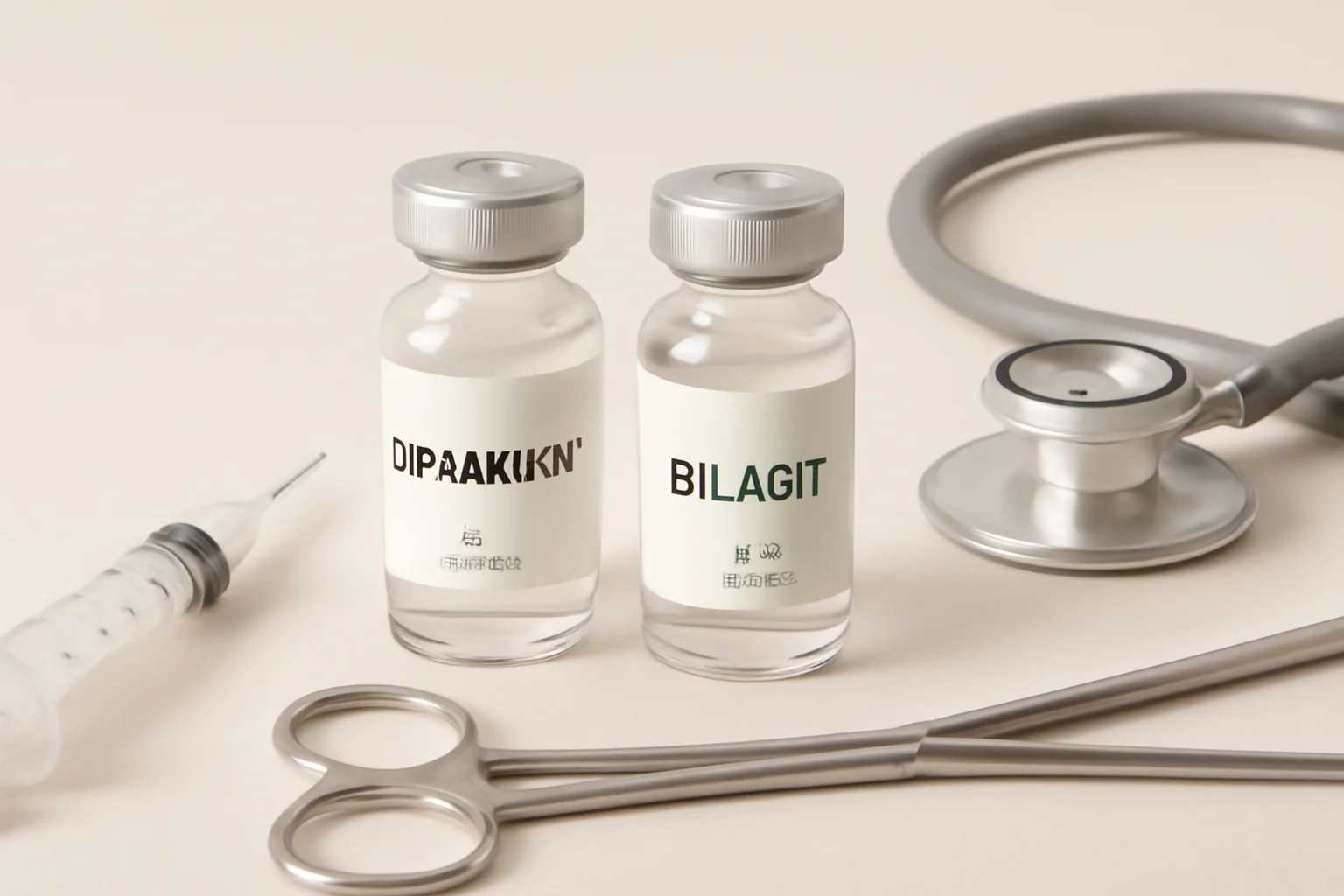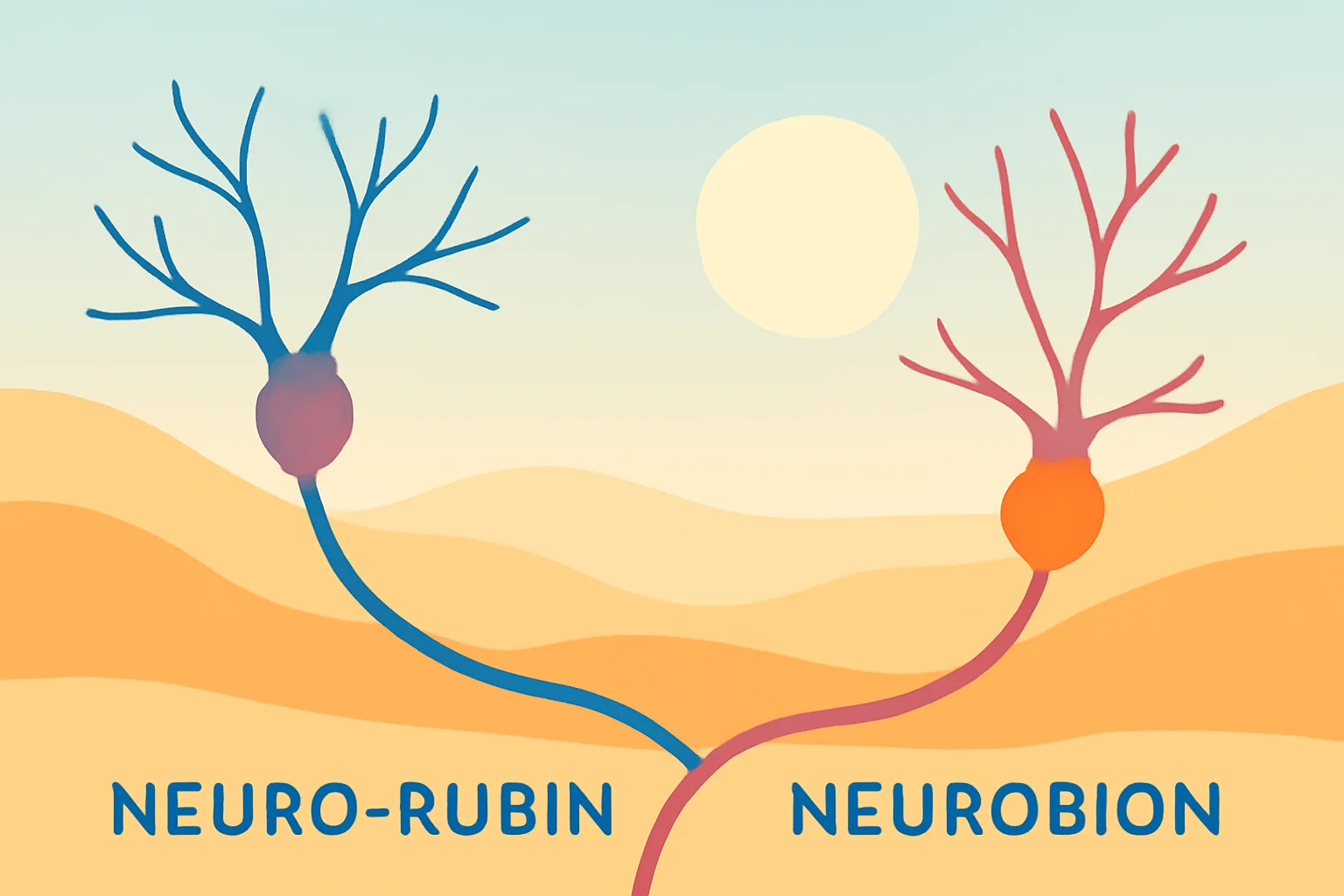
Dipankrin and Bilagit: What is the Difference and How to Use Them?
The dipankrin and bilagit are two substances that play a significant role in the body and in the management of various health conditions. People often encounter these terms, especially when questions arise regarding liver function, digestion, or hormonal balance. Dipankrin is a hormone produced by the pancreas that plays an important role in regulating blood sugar levels, while bilagit is a compound produced by the liver that functions as part of bilirubin metabolism.
The functioning of our body is closely related to the presence and effects of these two substances. A healthy lifestyle, proper nutrition, and regular medical check-ups can help maintain the balance of dipankrin and bilagit. An increasing number of people are interested in alternative and complementary treatment methods, making the role of these substances in natural medicine an important issue. Understanding these substances can contribute to physical and mental well-being and help in the prevention of diseases.
What is dipankrin and how does it work in the body?
Dipankrin, also known as insulin, is an important hormone produced by the Langerhans islets of the pancreas. Its main function is to regulate blood sugar levels, which is essential for maintaining the body’s energy levels. Under the influence of insulin, cells are able to take up glucose from the blood, thus lowering blood sugar levels.
The level of dipankrin fluctuates throughout the day, typically rising after meals when blood sugar levels are higher. This helps in the utilization of nutrients and regulates fat storage. A deficiency or decreased effectiveness of insulin can lead to diabetes, a chronic condition that significantly impacts an individual’s quality of life.
It is important to note that dipankrin not only plays a role in regulating blood sugar levels but also in the metabolism of fats and proteins. The presence of this hormone contributes to the body’s fat storage, thus playing a role in maintaining body weight and energy balance. Excessive insulin levels, which can be caused by poor nutrition or a sedentary lifestyle, can lead to insulin resistance. This condition may promote the development of type 2 diabetes.
To achieve proper dipankrin levels, it is important to maintain a balanced diet, engage in regular physical activity, and manage stress. A healthy lifestyle helps maintain hormonal balance, which can contribute to improving overall health in the long term.
Bilagit: its role and effects
Bilagit, also known as bilirubin, is a yellow-brown pigment produced by the liver and is a byproduct of the breakdown of red blood cells. Bilirubin exists in two forms: direct and indirect bilirubin. Indirect bilirubin is produced during the breakdown of hemoglobin, while direct bilirubin is converted in the liver and helps in the digestion of fats as it enters the digestive system.
The level of bilagit in the blood is an important indicator of liver health. Normally, the liver processes and removes bilirubin from the blood, keeping bilirubin levels within a normal range. If bilirubin levels rise, it can lead to jaundice, which causes a yellowish discoloration of the skin and the whites of the eyes. Jaundice may indicate liver diseases such as hepatitis or cirrhosis, as well as blockages in the bile ducts.
The role of bilagit is significant not only in liver function but also in strengthening the immune system. Bilirubin has antioxidant properties, which help neutralize free radicals, thereby reducing the risk of cell damage. Research suggests that maintaining appropriate bilirubin levels may contribute to cardiovascular health.
To keep bilagit levels within the normal range, it is important to protect the liver. This includes moderating alcohol consumption, avoiding fatty foods, and undergoing regular medical check-ups. Maintaining liver health contributes to ensuring appropriate bilagit levels, which can help prevent the development of various diseases.
The relationship between dipankrin and bilagit
The relationship between dipankrin and bilagit is close, as both play key roles in the metabolism and maintenance of health in the body. Understanding the connections between hormonal and liver functions is essential for preventing various health issues.
Dipankrin has a direct impact on liver function. Insulin stimulates the liver’s glycogen storage, which is an important energy source for the body. Additionally, insulin affects the metabolism of lipids and proteins, which indirectly influences bilirubin levels. If dipankrin levels are not adequate, it can lead to liver dysfunction, which also affects bilagit production.
The level of bilagit also feedbacks into the functioning of dipankrin. When bilirubin levels rise, it often indicates liver diseases that can reduce the effectiveness of insulin. Furthermore, the state of the liver influences blood sugar regulation, meaning that the relationship between dipankrin and bilagit is extremely complex.
The balance of dipankrin and bilagit is crucial for maintaining health. Proper nutrition, regular exercise, and a healthy lifestyle can help keep both substances at appropriate levels, thereby contributing to the optimal functioning of the body.
**Warning:** This article does not constitute medical advice. In case of health issues, always consult a physician and follow the instructions of a professional.

